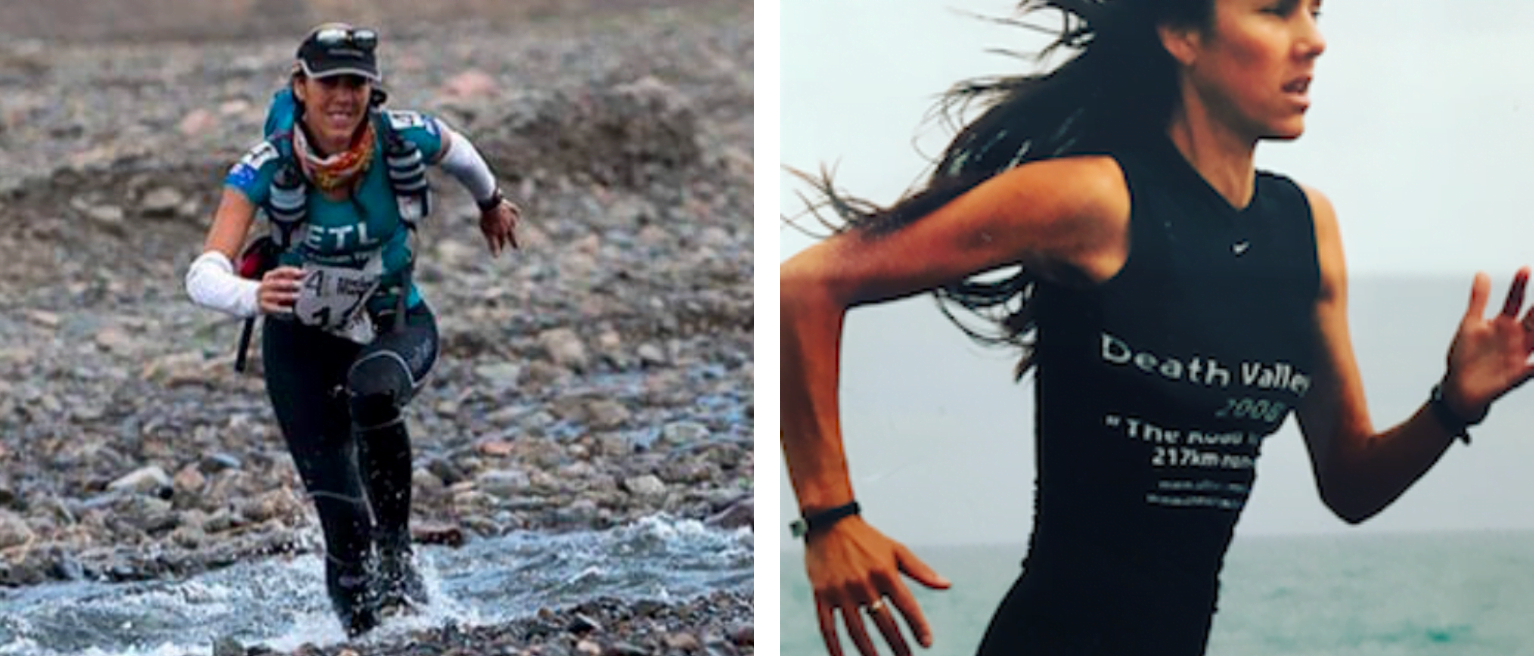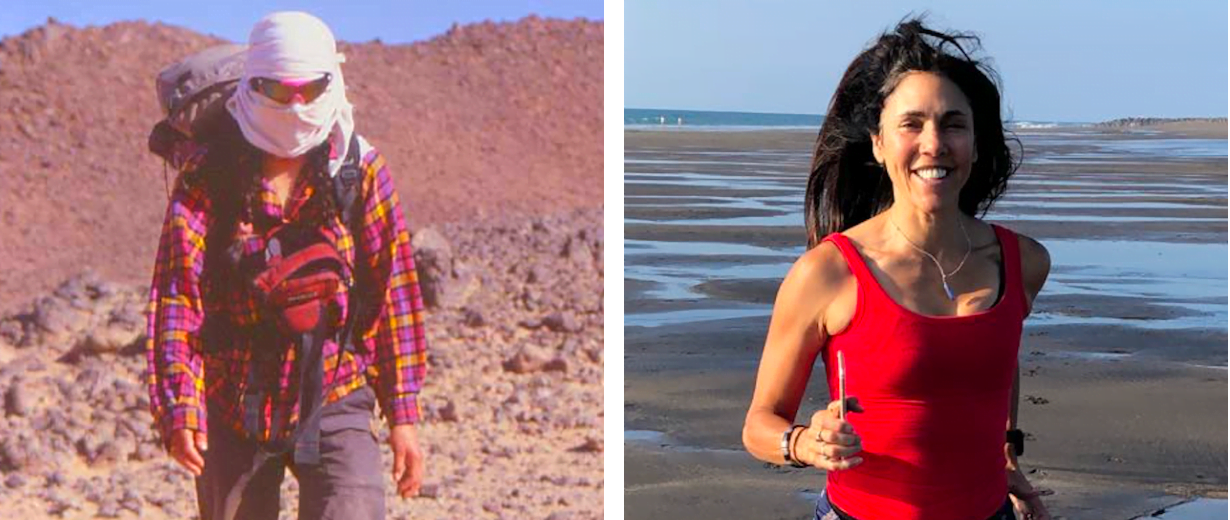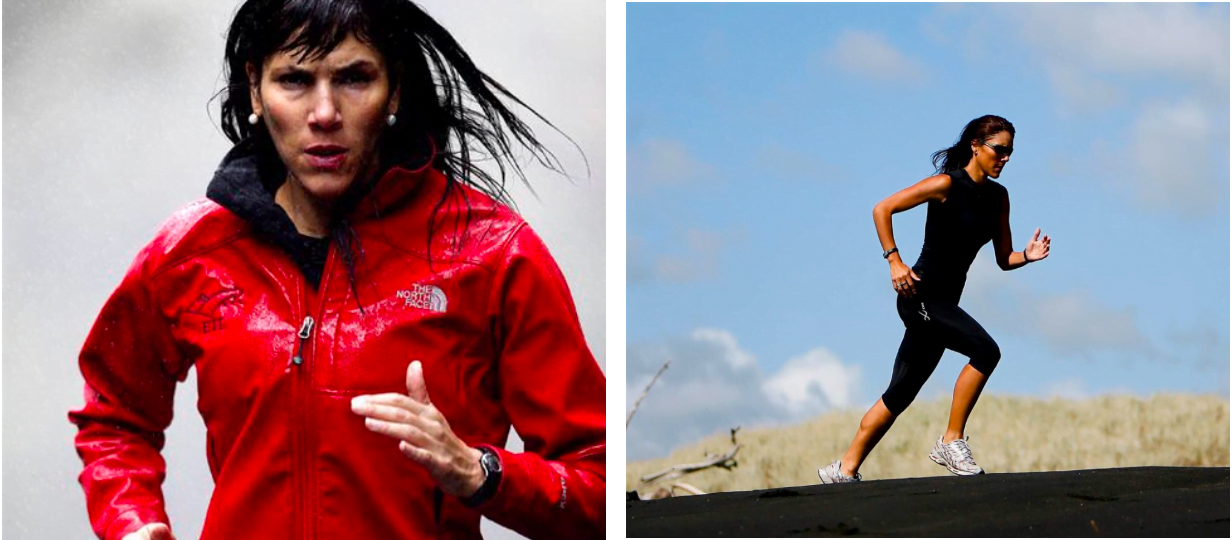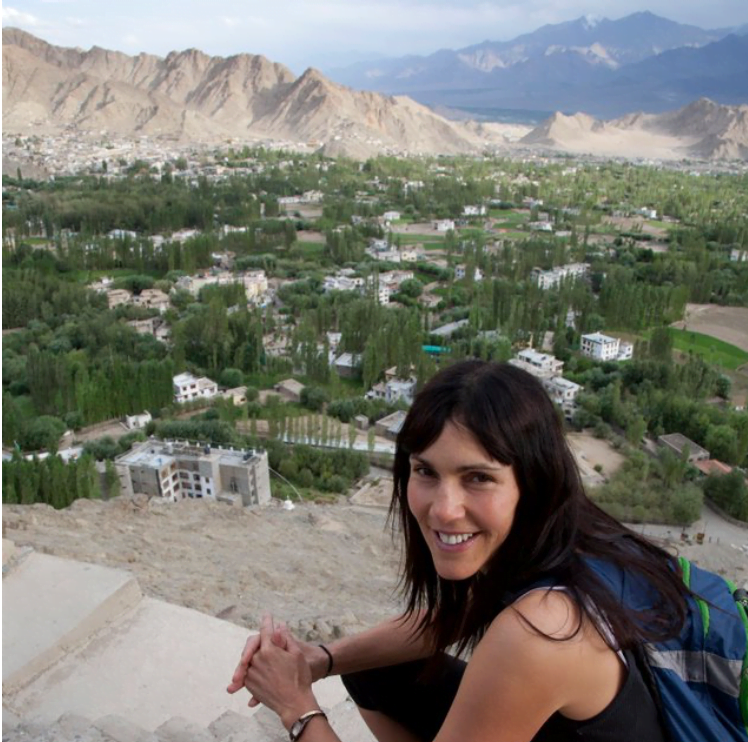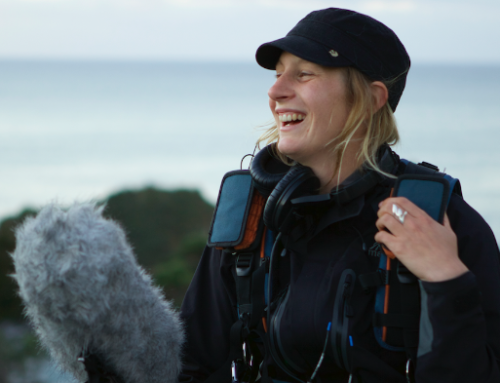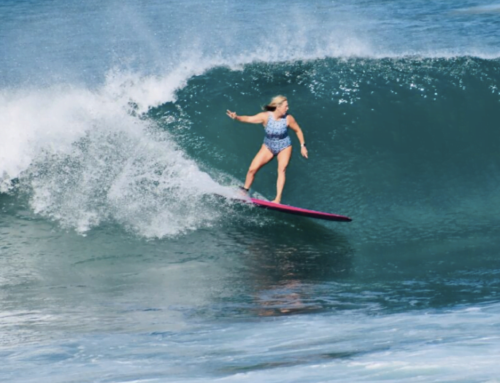RUN, THINK AND LIVE BETTER: WITH LISA TAMATI
Lisa Tamati is one tough cookie. The 51-year-old New Zealander is an ultramarathon runner and coach who’s done some of the world’s most gruelling races, like Marathon des Sables (251km) and the Badwater Ultramarathon (217km). She’s also overcome challenges in her personal life, including relationship break ups and a broken back. What’s the secret to her success? Resilience.
Resilience has never been more important to Lisa. Three and a half years ago, her mum had a brain aneurysm that left her comatose for weeks. Doctors said she’d have no quality of life and would need to be institutionalised. That wasn’t an option for Lisa: ‘I just went “No, that’s not happening.” I know that the mind and body are capable of so much more than people think. I’ve seen crazy things through ultramarathon running, like blind people running across the Sahara. Somebody’s opinion of impossible is just an opinion.’ Lisa began to research treatments not available in New Zealand, like hyperbaric oxygen therapy. She worked with her mum every day. Now, her mum can walk, read, write and drive. Lisa explains, ‘She’s 90% back. I want 110%, so we’ve got a little way to go!’
Lisa brings this enthusiasm to her online training platform. Together with exercise scientist Neil Wagstaff, she’s training over 600 people worldwide. Having made ‘every mistake under the sun’, she wants to get people off on the right foot. She’s familiar with common beginner mistakes. For example, new runners tend to go too far, too fast, when ‘progress isn’t a linear thing. It’s not like, “Last week I did 20km, this week I have to do 30, and next week 40.” It doesn’t work like that.’ Going too hard can lead to injury, burnout and motivation loss. Other newbies think that they can’t run but their steps are simply too long. Easy tweaks like shortening your stride, breathing and having your weight at the front of your body can have you ‘go from not being able to run one minute to being able to run half an hour within a couple of weeks.’ Lisa explains that adding mobility and strength work to your running regime sets a good foundation for smashing your long-term goals. ‘Each part of the puzzle is really important – it’s not just collecting kilometres’, she says.
Another piece of the puzzle is mental toughness. For Lisa, mindset is everything. She explains, ‘Everyone fears failure. They fear things going wrong and embarassing themselves. But the most amazing achievers in the world have failed a lot. If you’re not failing on a fairly regular basis, then you’re probably not pushing your limits.’ She suggests that you set a goal, think about what it’ll cost you and imagine the worst-case scenario. ‘When you actually list those negatives, it gives your brain a realistic look at this goal and then your body is less likely to bring up all the fear factors. The body brings up fear when it thinks you’ve set a goal you really haven’t thought through.’ Often, the benefits far outweigh the risk of “failure”. And if you do fail? It’s okay to feel down for a bit! What’s crucial is that you get back up and try again.
So what does success look like to Lisa? ‘Success for me is leaving the world a better place when I go and giving more than I took. Like everyone else, I want to be succesful financially. Money is important because the more money you have, the more influence you have to do good in the world.’ She explains, ‘The other aspect [of success] is being able to live life on my terms so that I’m not a slave to any system, or living a life that was forced upon me or expected of me, or settling for something because I was scared of trying other things. I’ve always been self-employed because I just cannot be put in someone else’s box… I work like crazy, I work hard but I dont want to be pushed around and put in a cubicle where you have to act and be a certain way for 30, 40, 50 years.’
When she’s not coaching, Lisa speaks, writes books and hosts a podcast, Pushing the Limits. Her new book, Relentless, explores her mum’s story and will be available in March. You can register your interest here. You can also check out Lisa’s podcast here.
Words by Amy O’Toole


